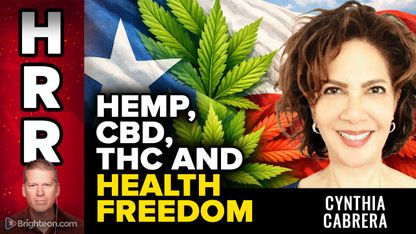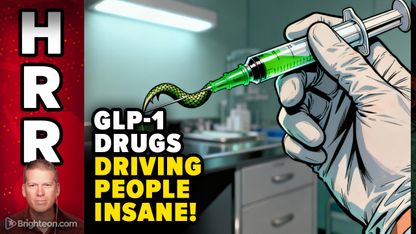
Amino acids: Amino acids play an essential role in producing neurotransmitters that enable brain cells to communicate with one another properly. The body makes the neurotransmitters dopamine and serotonin from the amino acid tyrosine and serotonin, respectively. Low levels of either may negatively affect mental health. Amino acids can be obtained from meats, dairy, eggs, quinoa, and soybeans.
B Vitamins: B vitamins thiamin (B1), riboflavin, folate (B9), pyridoxine (B6), and cyanocobalamin (B12) help the body convert food into energy and are strongly associated with mood and brain function. A study published in The Journal of Nutrition revealed that thiamin deficiencies are linked to a higher risk of depressive symptoms in older adults. Another study showed that people with depression exhibit lower levels of folate than those without depression. Whole grains, meat, fish, eggs, dairy, legumes, leafy greens, seeds, and nuts are excellent sources of B vitamins.
Carbohydrates: Carbohydrates promote serotonin production, the feel-good hormone. This means that low-carb and ketogenic diets can cause mood and energy decline. To increase your carbohydrate intake, eat who carbohydrate sources like fruits, vegetables, whole grains, and legumes.
Iron: Iron helps transport oxygen to every cell in the body. It also helps produce neurotransmitters and myelin, a substance that boosts cell signaling. Having enough iron levels will benefit brain function. To increase iron levels, eat foods such as red meat, shellfish, iron-fortified cereals, egg yolks, peanuts, and beans. Pre-menopausal women who lose significant amounts of iron during menstruation, as well as vegetarians and vegans, may take iron supplements instead.
Omega-3 fatty acids: Omega-3 fatty acids support mental health by strengthening the connections between brain cells. They also contribute to reducing inflammation, which can harm brain function. An observational study published in the British Journal of Nutrition showed that people who get the most docosahexaenoic acid (DHA), a type of omega-3 fatty acid, are up to 50 percent less likely to suffer from anxiety disorders. You can increase your omega-3 fatty acid intake by eating fatty fish like salmon, mackerel, and herring. If you're a vegetarian or vegan, you may take vegan DHA supplements containing algae. Vegetarian food sources of omega-3 fatty acids like walnuts and avocados do not contain DHA, and only a small amount of their fatty acids are converted to DHA.
Probiotics: Studies have established a connection between the gut and the brain. Gut health has been shown to influence pain, sleep, depression, and anxiety. To keep the gut healthy, eat probiotic-rich foods like yogurt, kefir, kombucha, sauerkraut, and kimchi. (Related: Probiotics for your anxious mind? Study shows a certain strain of bacteria could significantly reduce anxiety.)
Vitamin D: There is a strong association between vitamin D levels and mental health. Some studies found that having higher vitamin D levels lowers anxiety risk. Vitamin D is also important because it is a precursor to hormones affecting brain function. While sunlight is the best vitamin D source, there are also foods that are rich in the vitamin. These include fatty fish, egg yolks, and milk.
Mental disorders can also be prevented or treated with the help of exercise, therapy, and herbal supplements such as St. John's wort, maca root, and valerian.
Read more news stories and studies on brain-boosting nutrients by going to Nutrients.news.
Sources include:
Please contact us for more information.






















